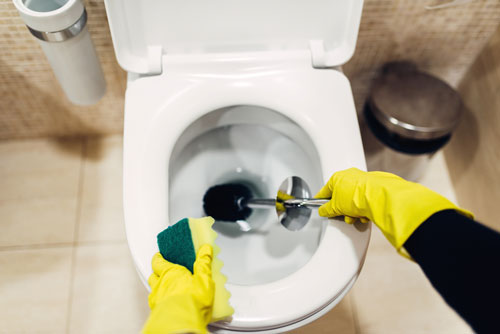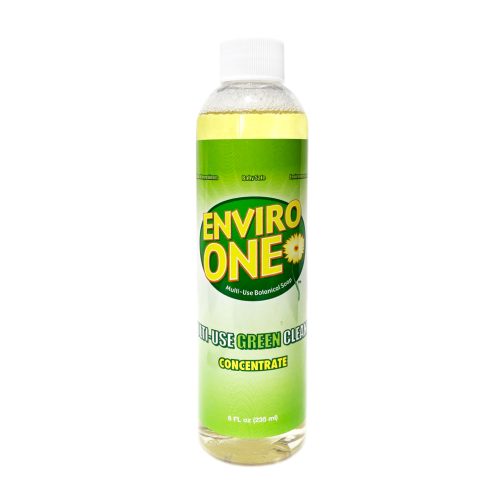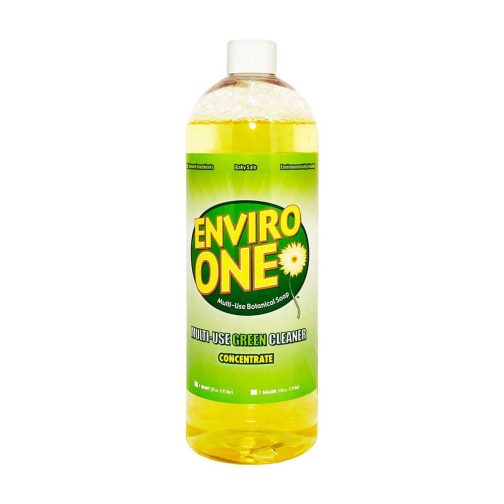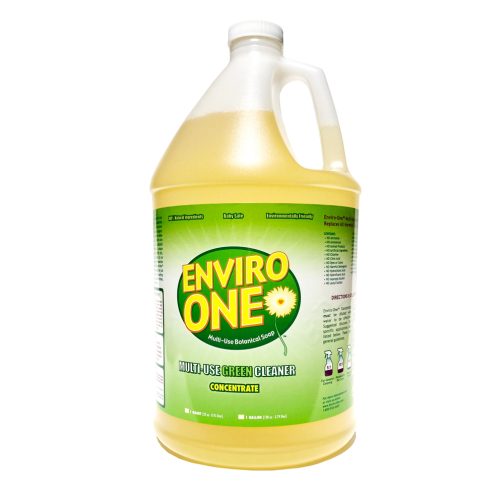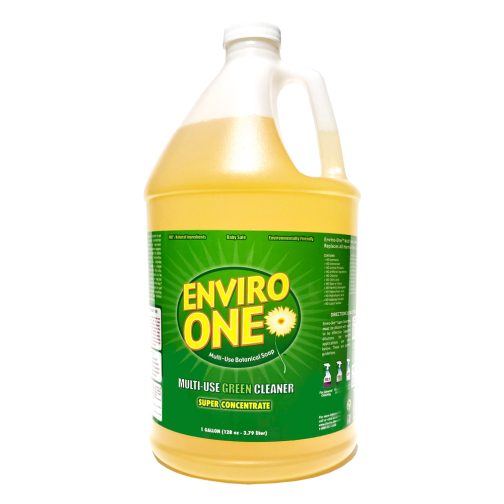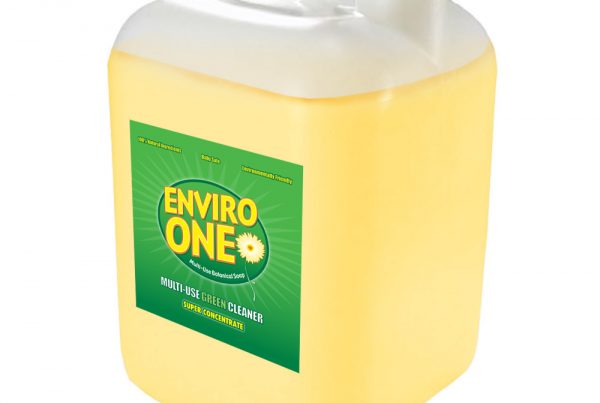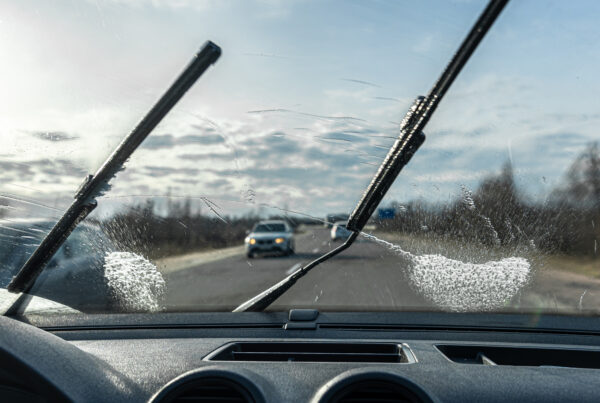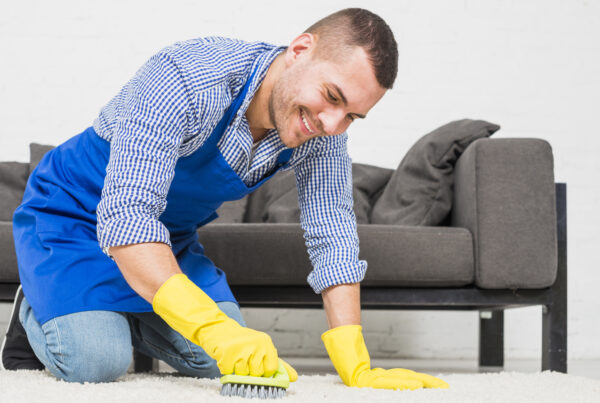The Hidden Dangers of Household Cleaning Products
Cleaning products are designed to eliminate harmful bacteria and germs, but they can also contain chemicals that pose health risks if mishandled. The most vulnerable to these dangers are households with children, who are curious and may inadvertently come into contact with these products.
The Cleveland Clinic highlights that most household cleaning products are generally safe when used as directed. However, accidents can occur, especially during periods of heightened cleaning, such as the COVID-19 pandemic, which saw a significant increase in poison control center calls related to cleaning products.
Some common household cleaning products and their potential hazards include:
- Bleach: Household bleach contains sodium hypochlorite, which can irritate the skin, eyes, nose, and throat. Ingestion can cause esophageal injury, stomach irritation, and prolonged nausea and vomiting.
- All-Purpose Cleaners: These products may contain chemicals like ammonia and sodium hypochlorite, which can irritate the skin, eyes, and throat and be highly poisonous if swallowed.
- Antibacterial Cleaners: Commonly containing quaternary ammonium or phenolic chemicals, these cleaners can cause irritation and burns to the skin and throat.
- Window and Glass Cleaner: With ammonia and isopropanol as main ingredients, these products may irritate the eyes, skin, nose, and throat if mishandled.
- Laundry Detergents: Laundry pods, when ingested, can lead to symptoms like nausea, vomiting, shock, convulsions, or coma, depending on the detergent type.
- Dishwashing Detergents: Automatic dishwashing detergents containing phosphate can cause skin irritations, burns, and be poisonous if swallowed.
- Oven Cleaners: Containing lye (sodium hydroxide or potassium hydroxide), oven cleaners can cause severe burns and tissue damage if not handled carefully.
- Pet Flea and Tick Treatments: Products containing pesticides can cause headaches, dizziness, twitching, and nausea if not used correctly on pets.
- Insecticides: Similar to pet treatments, insecticides can also contain pesticides that may lead to adverse reactions.
- Hand Sanitizer: Although a critical product during the pandemic, hand sanitizers containing high alcohol content can be dangerous if ingested, especially by children.
Protecting Your Family: Safety Tips
To safeguard your family from the potential dangers of household cleaning products, follow these essential safety tips:
- Read and Follow Directions: Always use cleaning products as directed, paying attention to proper dilution and application methods.
- Keep Original Containers: Store cleaners in their original containers with labels and instructions intact.
- Avoid Mixing Products: Never mix different cleaning products, as certain combinations can produce poisonous gases.
- Use Protective Gear: Wear gloves and ensure good ventilation when handling strong cleaners. Keep children away from the cleaning area.
- Store Products Safely: Keep cleaning products out of reach of children and pets in securely locked cabinets.
- Dispose of Rags Properly: Dispose of used cleaning materials safely to prevent accidental ingestion.
- Supervise Hand Sanitizer Use: Always supervise children while using hand sanitizer and teach them to use a small amount.
Following Safety Guidelines
While household cleaning products are indispensable for maintaining a clean and germ-free home, their potential dangers demand careful handling. By following the safety tips and guidelines provided by the Cleveland Clinic, you can ensure a safe environment for your family while still keeping your home sparkling clean. Remember, a little caution goes a long way in protecting your loved ones from the hidden hazards of household cleaners.
For more information on this topic, refer to the original article by the Cleveland Clinic: Get the Dirt: How Safe Are Cleaning Products?

